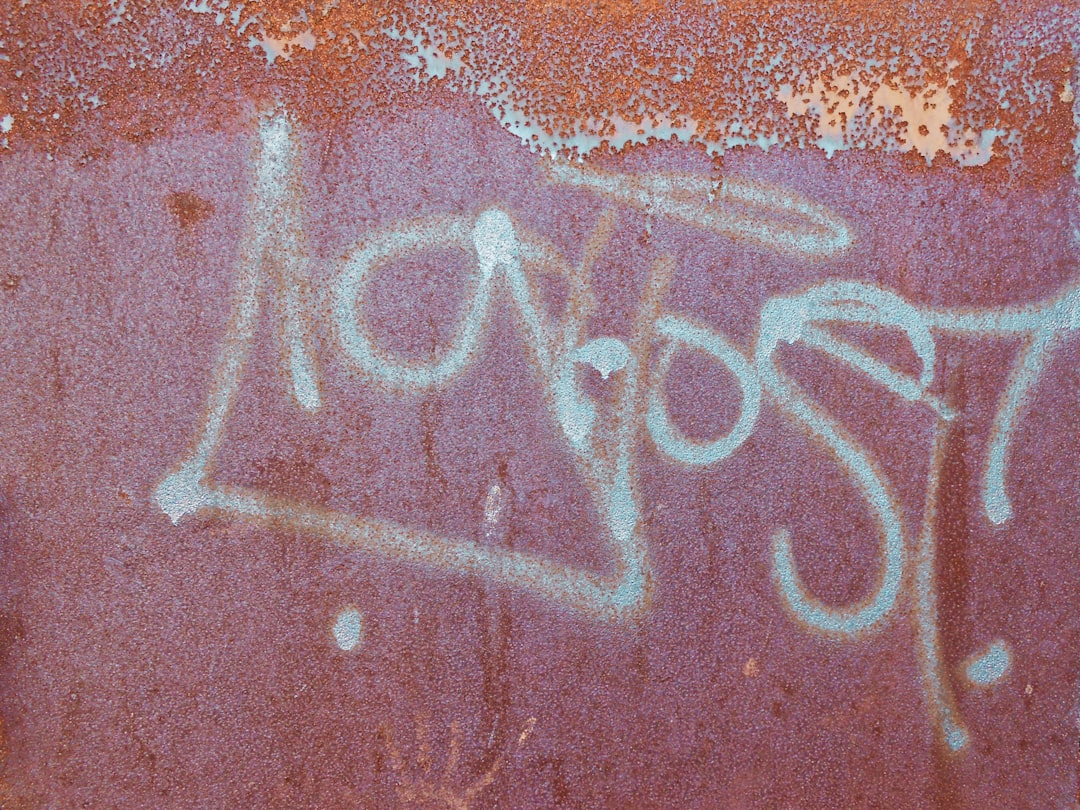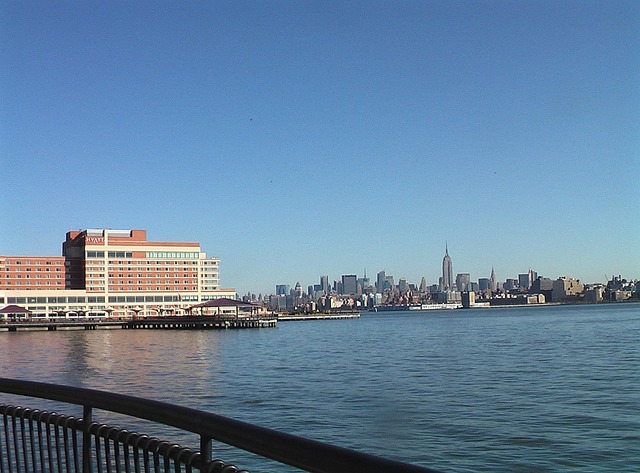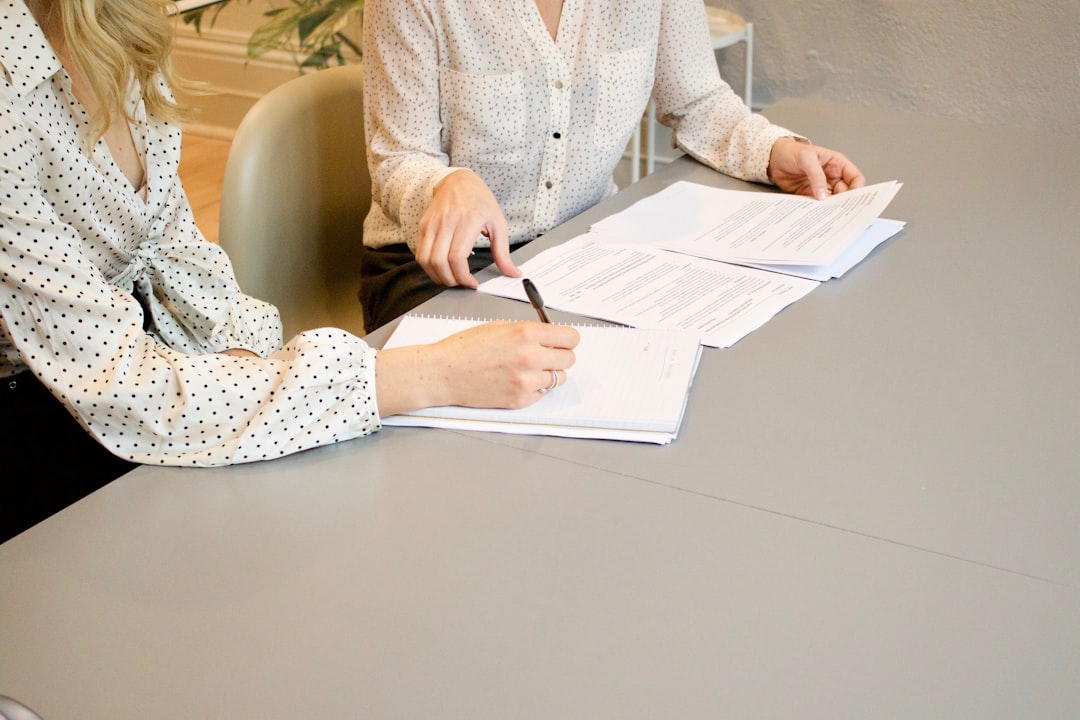In New York, victims of sexual assault within a school setting have legal rights and options. A dedicated school abuse lawyer in NY interprets state laws and educational policies designed to protect survivors, ensuring justice and accountability. These professionals guide the lawsuit process, from filing complaints to negotiating settlements, while supporting emotional healing and fostering systemic change to safeguard students.
In New York, advocating for justice in school sexual assault lawsuits is a crucial step towards ensuring safety and accountability. This comprehensive guide aims to empower parents, students, and advocates by shedding light on understanding school sexual assault laws, navigating legal processes, and effective advocacy strategies. If you or someone you know has faced school abuse, connect with a skilled school abuse lawyer in New York for guidance through this complex yet vital journey.
Understanding School Sexual Assault Laws and Your Rights in New York
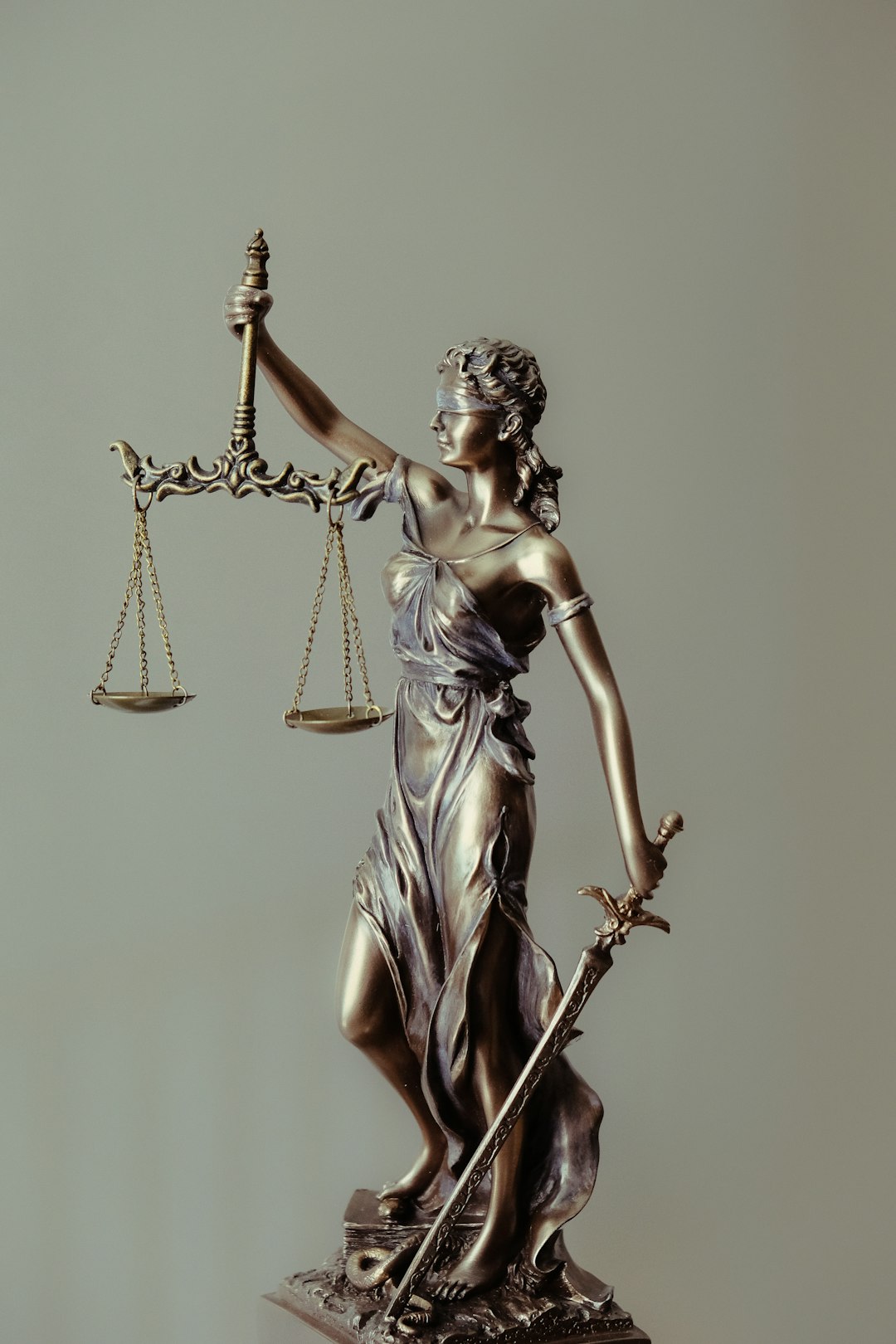
In New York, understanding your rights regarding school sexual assault is paramount. If you or someone you know has experienced abuse at the hands of a classmate, teacher, or any other authority figure within a school setting, it’s crucial to be aware of the legal avenues available. A dedicated school abuse lawyer in NY can guide you through the complex web of state laws and educational institution policies designed to protect victims and ensure justice.
New York State has stringent regulations in place to combat sexual misconduct in schools, including strict protocols for reporting, investigation, and disciplinary action. Familiarizing yourself with these laws empowers you to take proactive steps after a traumatic event. A legal professional specializing in school abuse cases can help interpret these statutes and advocate for your rights, ensuring that the responsible parties are held accountable while providing the support needed for healing and recovery.
Navigating the Legal Process: What to Expect in Sexual Assault Lawsuits
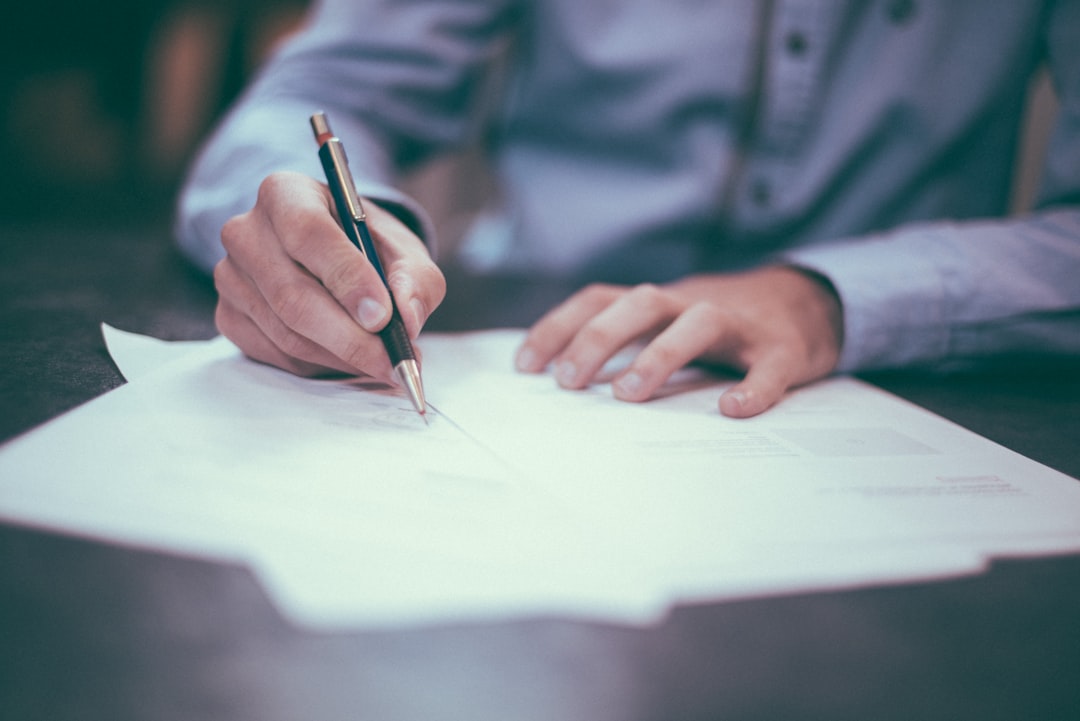
Navigating the legal process in a school sexual assault lawsuit can be daunting, but with the right guidance, survivors and their families can expect to see justice served. In New York, individuals who have experienced abuse at the hands of educational institutions have specific rights and legal avenues to explore. The first step is to consult with an experienced school abuse lawyer in NY who specializes in these cases. They will help you understand the applicable laws and regulations regarding sexual misconduct on campus, and guide you through each stage of the lawsuit process.
From filing a formal complaint to gathering evidence and deposing relevant parties, your lawyer will ensure that all necessary procedures are followed. This may involve reviewing school policies, seeking documents, and even negotiating a settlement if appropriate. The goal is to hold educational institutions accountable for their failure to protect students and provide a safe learning environment. With the right legal representation, survivors can gain closure, seek compensation for their suffering, and contribute to systemic changes that prevent future instances of school abuse.
Strategies for Effective Advocacy: Supporting Survivors and Holding Institutions Accountable
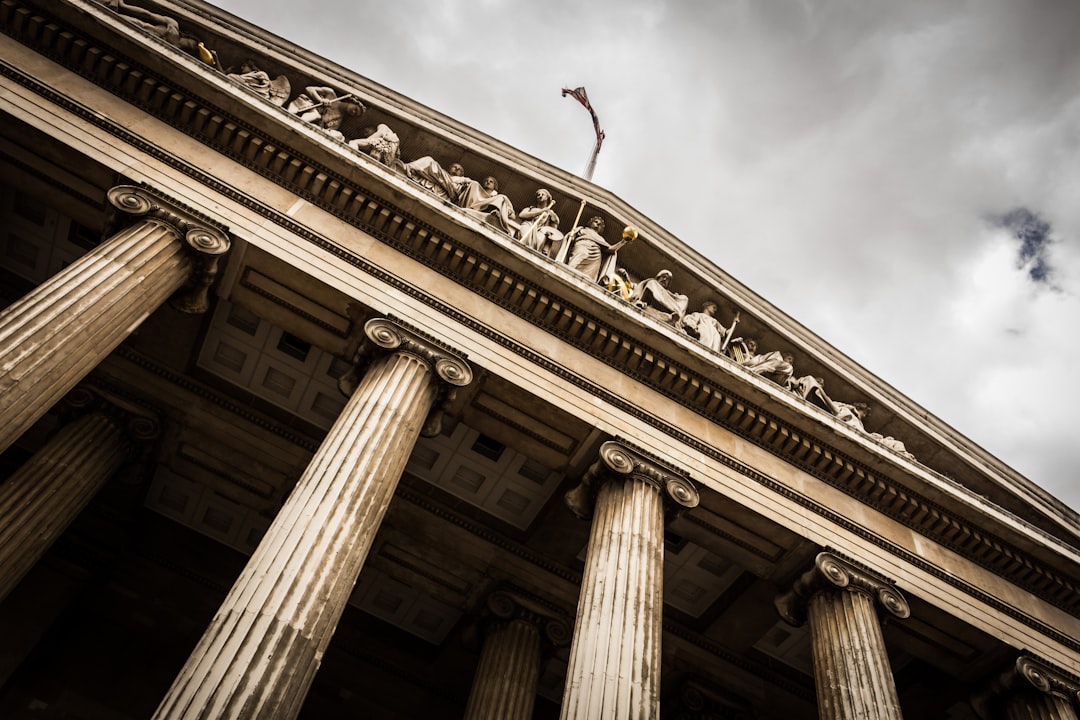
When advocating for justice in school sexual assault lawsuits in New York, a strategic approach is essential to support survivors and hold educational institutions accountable. A key strategy involves building strong relationships with survivors, providing them with emotional support, and ensuring their voices are heard throughout the legal process. This includes connecting them with specialized therapists and offering continuous communication to address their unique needs.
Additionally, it’s crucial to thoroughly investigate and document evidence related to the incident(s), including school records, witness statements, and expert opinions. These steps empower survivors by demonstrating a commitment to their case while strategically positioning the lawyer to present a compelling argument against the institution, ultimately aiming for a just outcome. Engaging with experts in trauma and education law can also strengthen the case, providing insights into institutional liability and best practices for prevention.

